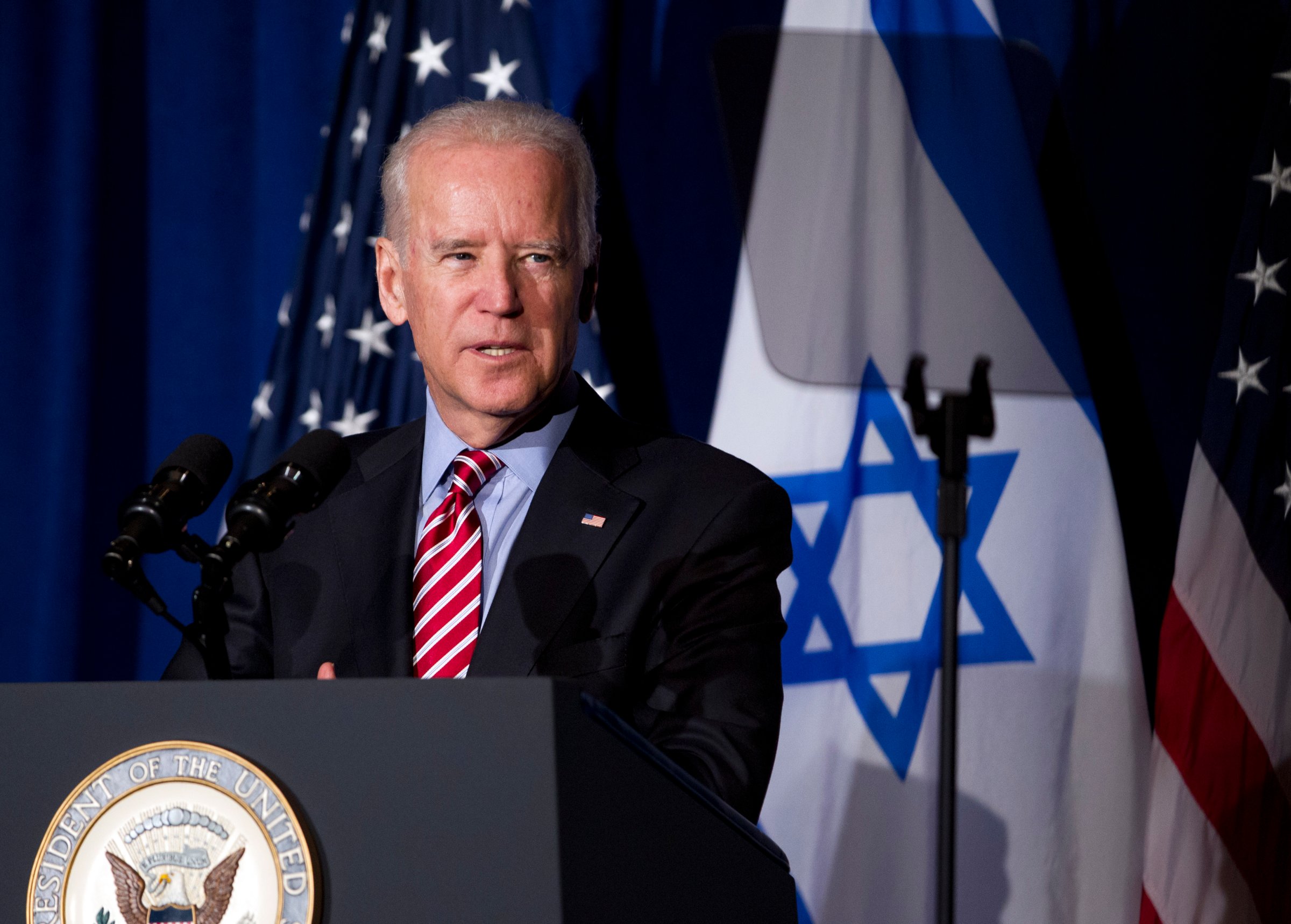
The rule of thumb in Israeli politics has it that the moment new elections are called, affairs of state go into the deep freeze, not to thaw until a new government emerges months later. There have been exceptions — in 1981, Menachem Begin ordered the surprise strike on Iraq’s Osirak nuclear reactor three weeks before nationwide balloting — but none were in evidence at the annual conference of U.S. and Israeli leaders convened this past weekend at the Willard Hotel in Washington, D.C.
Prime Minister Benjamin Netanyahu disbanded his ruling coalition three days before the Brookings Institution’s annual Saban Forum, rendering the elite confab a showcase for the status quo: the alliance remains closer than at any time in history at the level of cooperation between the two country’s defense and security establishment. But at the more visible level of political leadership, there’s no longer even an effort to disguise the ugliness. It was only five weeks ago that an anonymous Obama Administration official referred to Netanyahu in an interview as “chickensh-t,” and no one from the Administration dispatched to the Willard over the weekend bothered denying either the quote or the judgment.
The message, rather, was that personal feelings simply don’t matter much in such an ironclad alliance, and no one should be distracted by “politics” or “differences over tactics.”
“Look, we’re close friends. The American people and the Israeli people, our governments,” said Vice President Joe Biden, the most senior official on hand to address the state of the relationship. “There’s absolutely no daylight, none, between us and Israelis on the question of Israeli’s security. But as friends, we have an obligation to speak honestly with one another, to talk about, not avoid the tactical disagreements we have. And we have tactical disagreements to lay out for one another each of our perspectives. I know none of you have ever — I assume none of you ever doubted I’ve meant whatever I’ve said to you. The problem is I sometimes say all that I think to you.”
Biden noted, as Administration officials often do, that he and President Barack Obama have met with Netanyahu more than any other world leader. But that’s a double-edged observation given what a live mic caught Obama telling his French counterpart in 2011 (“You’re tired of him? What about me? I have to deal with him every day”). For his part, Biden called Netanyahu a friend of 30 years, adding “we sometimes drive each other crazy” but that both sides acknowledge as much.
“Let’s not make more of what are normal disagreements that occur between friends than warrants,” the Vice President implored. “Israel disagrees with us on a number of tactics. They have a different perspective on how to proceed. But folks, that’s the downside of democracy. It also has an upside. We never have to wonder where the other guy is standing. Occasionally, politics on both sides of this divide, these tactical divides, is used to try to gain an advantage. But you’re all sophisticated enough to know that.”
Secretary of State John Kerry, who has endured a good deal of name-calling from senior Israeli politicians (the Defense Minister famously dismissed his enthusiasm for peace talks with the Palestinians as “obsessive and messianic”), read from the same talking points in his address Sunday, noting the record-high levels of U.S. military and intelligence support for Israel “despite whatever political disagreement there might be, or tactical disagreement.”
Obama was not present this year, and Netanyahu’s prerecorded address was delivered by satellite from Jerusalem, where he noted he has “one or two things” to deal with. The brief speech was heavy on Netanyahu’s preferred topic of security. “The entire region is hemorrhaging, ” he said, singling out the emergence of the extremist Islamic State of Iraq and Greater Syria (ISIS) — which, a new Brookings poll shows, is of far greater concern to the American public than the question of whether Israel will make peace with the Palestinians, who claim the same land. Seven out of 10 people said that of events in the Mideast, the rise of ISIS threatens American interests “the most.”
The poll also showed that, if negotiations fail to produce a Palestinian state beside Israel, two out of three Americans would prefer a single democratic state with equal rights for Jews and Palestinians — a prospect that most Jewish Israelis say they regard as unacceptable.
Elections are tentatively set for March 17.
More Must-Reads from TIME
- Why Trump’s Message Worked on Latino Men
- What Trump’s Win Could Mean for Housing
- The 100 Must-Read Books of 2024
- Sleep Doctors Share the 1 Tip That’s Changed Their Lives
- Column: Let’s Bring Back Romance
- What It’s Like to Have Long COVID As a Kid
- FX’s Say Nothing Is the Must-Watch Political Thriller of 2024
- Merle Bombardieri Is Helping People Make the Baby Decision
Contact us at letters@time.com